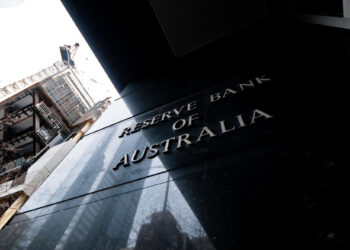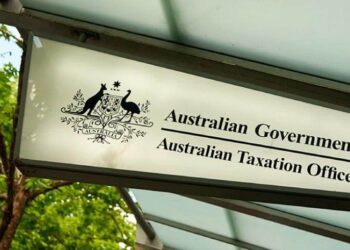The gender gap issue continues to be a major problem in superannuation despite the industry’s best efforts to deal with women taking a career break.
That is the bottom line of a new report released by the Australian Institute of Superannuation Trustees (AIST) developed by the Australian Centre for Financial Studies.
The study found that despite the various incentives and policy measures aimed at closing the gender gap in superannuation savings, the impact of a career break on women’s super was still as detrimental as ever.
Commenting on the report findings, AIST chief executive Fiona Reynolds said it was concerning that policies and incentives to save through superannuation had not helped address the gender gap issue.
"There’s a clear flat-lining of women’s super that has remained unchanged for almost a decade," she said.
Reynolds said the superannuation gender gap was still as large today as it was in 2002 because women were still spending five to six years out of the paid workforce and they still earned, on average, nearly 20 per cent less than men.
The study indicated that the average superannuation balance for men in the workforce in 2010 and aged between 58 and 62 was about $210,000 compared to just $95,000 for women.
Reynolds said that in circumstances where the career break was not going to go away, policy-makers needed to direct their focus to ensure women were not simply treading water through the period.
"AIST has argued for some time that paid parental leave should include a superannuation component, and that a super ‘baby bonus’ or a return-to-work super bonus post-career could go some way to addressing the issue," she said.




